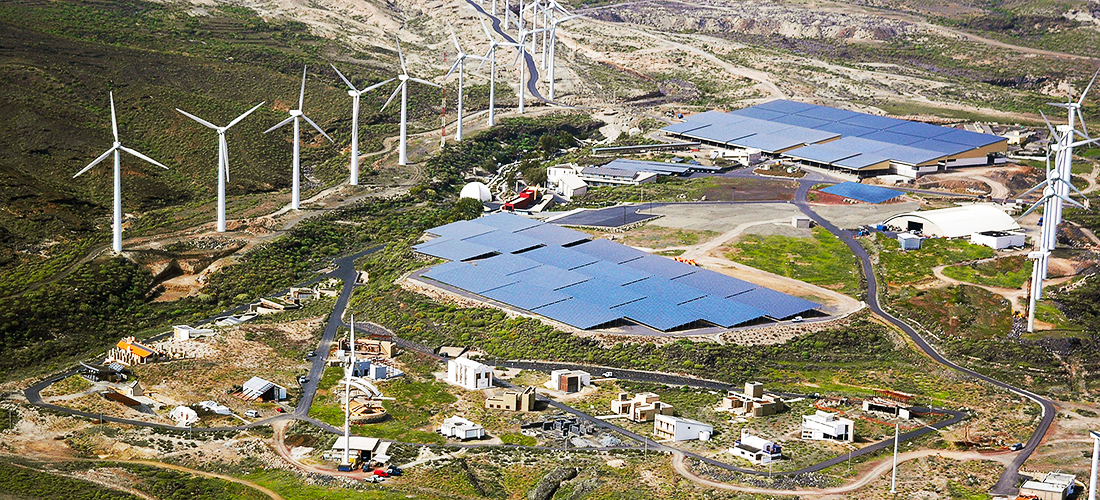These new projects will not only open new research lines for ITER, but also continue with existing lines as the design and development of solar aircrafts or the volcanic activity monitoring systems.
ITER will lead four new projects within the frame of the program Collaboration – Challenge of the R&D National Plan 2013-2016 of the Ministry of Economy and Competitiveness through FEDER funds.
The HELIODRON project, where the AEROSERTEC company and the Technological Centre of Components (CTC) participate as partners, has as main objective the design and manufacturing of a low cost manufacturing and operation non- polluting solar aircraft to obtain geophysical surveillance data of the overflown areas which is more accurate than that obtained through satellite systems. The SIMMULA project, whose main objective is to develop, in collaboration with the Polytechnic University of Valencia (UPV), a new low cost monitoring system able to detect in real time the possible existence of defects found in the different elements that conform the gearbox. The SPITERM project, which suggests the possibility of reducing the commercial production costs of the Spirulina microalgae, whose demand is increasing in the market, by taking advantage of the characteristics of low enthalpy geothermal waters. The Spanish Algae Bank (Las Palmas de Gran Canaria University) and the Tenerife Energy Agency (AIET) participate as partners in this project. And the ELECTROVOLCAN project, which also involves AIET, the public University of Navarre (UPNA) and the Geological and Mining Institute of Spain (IGME), which focusses in the design and development of experimental prototypes for the electricity generation using the thermoelectric effect of geothermal surface anomalies of volcanic origin and its application in the Timanfaya National Park (Lanzarote) and the Teide National Park (Tenerife).
In the framework of the first call for the Madeira-Azores-Canary Islands Interreg Territorial Cooperation Programme (MAC) 2014-2020, ITER has three approved projects.
SOSTURMAC Project, led by ITER and where AIET and CICOP Foundation also participate as partners aims for the sustainable revaluation of the natural and architectural heritage and foster and develop low carbon touristic initiatives in the Canary Islands and Cape Verde. PLASMAC and VOLRISKMAC projects, where ITER participates as partner, and whose general objectives are to improve the social – health care offered to the population of the Macaronesian Area using a series of technological tools located in a cloud platform and to strengthen R&D capabilities for the volcanic activity monitoring the Macaronesia region respectively.
ITER also will receive funding from the National R&D program aimed at Social Challenges (Individual mode) of the R&D National Plan 2013-2016 for the development of the VERTEGAS project, whose main objective is to estimate the not controlled methane diffuse emission to the atmosphere by landfills in the Canary Islands and the creation of a standard service applicable to any Spanish and/or foreign landfill for the determination of this same emission.
Finally, ITER will participate in two other projects funded by convocatoria FEDER INNTERCONECTA 2016 call of the Industrial Technology Developent Centre (CDTI): leading the SMARTLODGING4GUEST project aimed to maximize and personalize the guest comfort in hotel accommodations through systems of intelligent, automated management through big data analytics and iot, and as a partner in the SOCAV project, that has as main objective the design and development of an innovative system for the control and premature detection of the scour at bridges, viaducts and structures.

